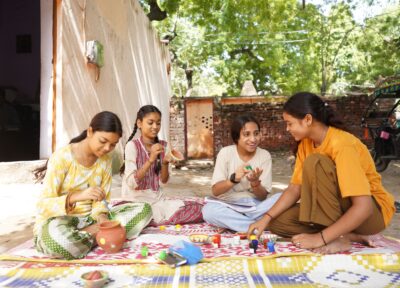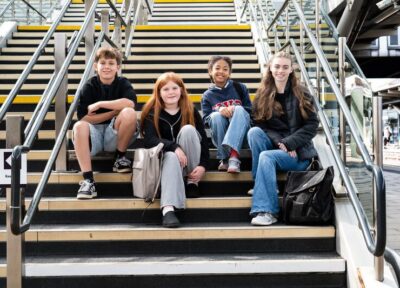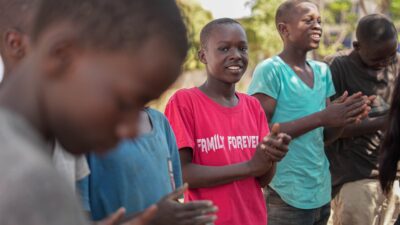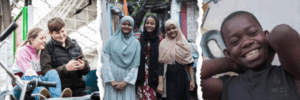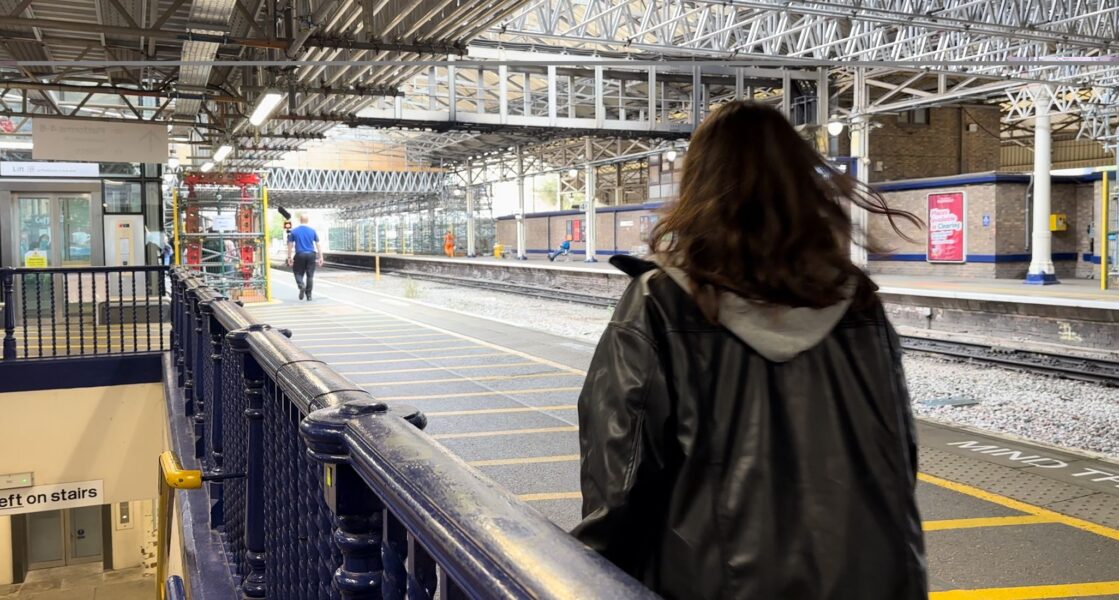
Neurodivergence
Neurodivergent children can face a higher risk of exploitation. Learn about Railway Children’s holistic approach to support.
What is neurodivergence?
At Railway Children, we know that every young person we meet has a unique way of seeing and experiencing the world—and that includes neurodivergent individuals.
The term “neurodivergence” refers to brains that are simply wired differently than what is considered “neurotypical.”
These differences are a natural part of human variation. While neurodivergent minds often bring exceptional strengths, creativity, and unique perspectives, they can also face distinct challenges in navigating a world not built for their needs.
We understand that being neurodivergent can make some young people more vulnerable to safety risks and exploitation, especially when they’re alone in public spaces like train stations.
Whether a young person is drawn to the rail network because of a special interest or they struggle to read social cues and assess risk, it’s important to take a specific, thoughtful approach to supporting them.
Types of neurological differences
Neurodivergent individuals have brains that work differently to ‘neurotypical’ individuals. We support many young people who have…
Autism spectrum disorder (ASD)
Autism can involve differences in communication, repetitive behaviours, and special interests. Those with autism may also have unique strengths, like exceptional attention to detail, strong pattern recognition, or intense focus on a specific topic.
Attention-deficit/hyperactivity disorder (ADHD)
The ADHD brain has different executive functions, which are the cognitive skills that help you plan, organize, and manage your time and tasks. People with ADHD may struggle with focus and emotional regulation, but they often have high levels of creativity, energy, and the ability to hyperfocus on things they find interesting.
Dyslexia
Dyslexia mainly affects a person’s ability to read and spell. The brains of people with dyslexia process language differently, which can make it hard to decode words and connect letters to sounds. Many people with dyslexia are highly visual, creative, and excel at problem-solving, spatial reasoning, and thinking outside the box.
Neurodivergence and exploitation
Being neurodivergent can make young people more vulnerable to safety risks and exploitation.
For example, we’ve supported neurodivergent young people who were spending time alone in stations to engage in their special interest in trains but were unaware of the dangers that exist in that environment.
We offer support tailored to every young person’s situation and take a holistic, approach, adapting our sessions to their individual needs and preferences.
To do this, we evaluate every part of their life to make sure they get the best possible support, whether that’s directly through tailored sessions with our workers, or through other specialised organisations.
Charlie’s story
Charlie* was referred to Railway Children after being reported missing and travelling on the rail network without a ticket.
He and his friend were going to meet someone they’d met while gaming online.
Charlie goes to a SEMH school (social, emotional and mental health) and is believed to be autistic. His social worker and school were concerned his neurodivergence might make him vulnerable to exploitation.
So we tailored our sessions with Charlie around understanding exploitation, grooming and County Lines.
To help Charlie engage, Railway Children worker Phil showed him a short film about a young person groomed into selling drugs, so they could talk about these issues.

